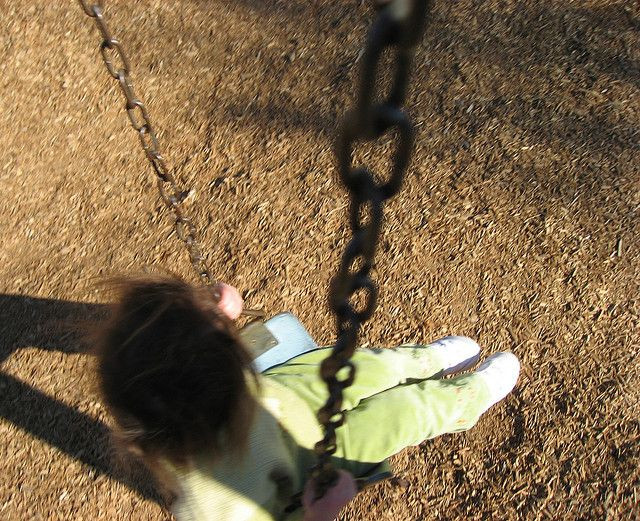Nature vs. Nurture: People With Certain Genes Respond More Dramatically To Either A Negative Or Positive Childhood

Genetics may spell the difference between depression or happiness, a new University of Melbourne study revealed, but it all depends on your childhood experiences. People with a particular genotype respond more dramatically to both negative and positive environments when compared to others, the researchers discovered. The very same genetic makeup that increases your vulnerability to an unhappy childhood helps you thrive in a supportive environment.
Why do some adults who were once abused in childhood develop long-term depression? Why don’t all survivors become depressed? Many scientists, including the current team of researchers, look to genetics for an answer.
“Over the past decade, genetic variation in over 35 genes have been examined for their interaction with adverse life events,” wrote Dr. Chad Bousman, department of psychiatry, and his co-researchers. Among the most investigated genes is SLC6A4 (dubbed “SERT”) a transporter of serotonin, the mood-regulating neurotransmitter. Serotonin, which flows along the central nervous system and digestive tract, contributes to our sense of well-being.
Each of us has one of three types of SERT gene, either the long-long (l/l) genotype, the short-long (s/l) genotype, or the short-short (s/s) genotype, the researchers explained. Considering this genetic crapshoot, they theorized adults with the s/s genotype would be more likely to be depressed following childhood abuse when compared to formerly abused adults with the l/l genotype.
Nature and Nurture
To test their theroy, the team recruited 333 middle-aged depressed patients, all of Northern and Western European ancestry and living in Victoria, Australia. After performing DNA tests on each of these patients, Bousman and his colleagues tracked them over five years, recording depressive symptoms each year.
Immediately, the team learned that 23 percent of the participants carried the s/s genotype. Looking at these participants, the researchers discovered those who had experienced abuse as a child were more likely to experience severe depressive symptoms in middle age. At the same time, those with no history of abuse were happier than people with other genotypes.
By tracking patients over five years, this research proved that depression and its symptoms may change in time. Importantly, the study suggests that an unchangeable genotype combined with an unchangeable childhood might lead to depression. However, given more assistance and placed in a positive environment, these same people may very well overcome their history and recover more fully from their depression. This, though, has not yet been proven.
In the end, the researchers noted the s/s gene “may be a marker of ‘phenotypic plasticity’ rather than ‘vulnerability'...” meaning those with this genotype simply respond more dramatically to their environment, no matter what it is. The combination of genetics and environment, not one or the other, plays the largest role in our lives, this study suggests.
Source: Nguyen TB, Gunn JM, Potiriadis M, et al. Serotonin transporter polymorphism (5HTTLPR), severe childhood abuse and depressive symptom trajectories in adulthood. British Journal of Psychiatry Open. 2015.



























